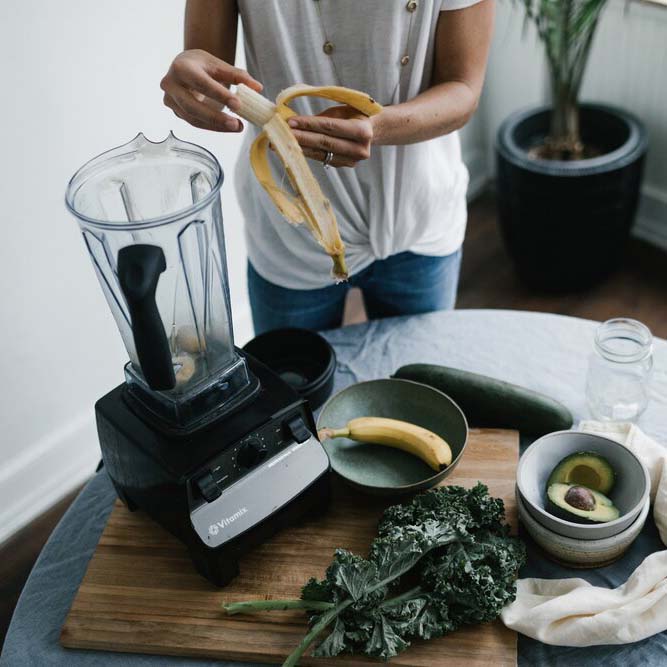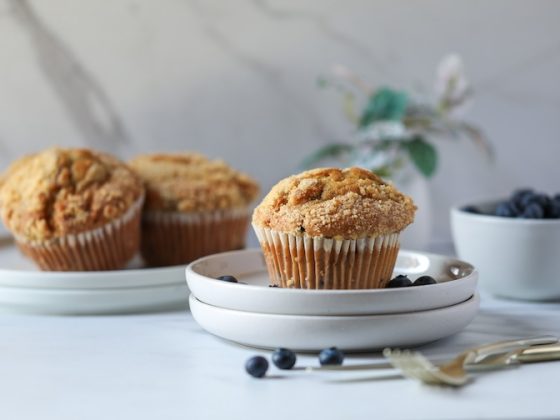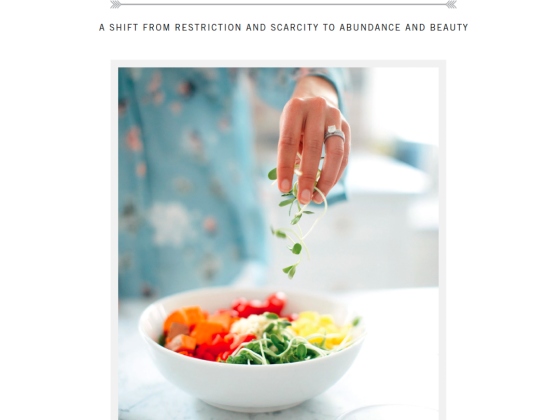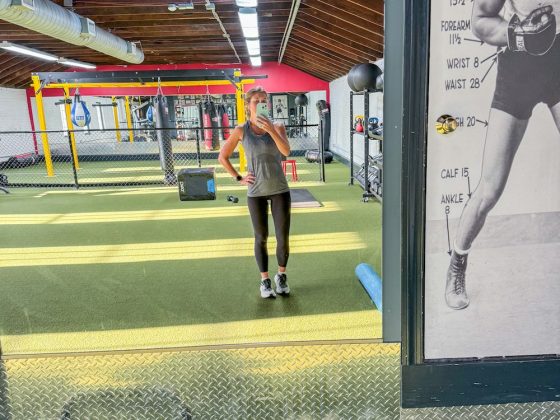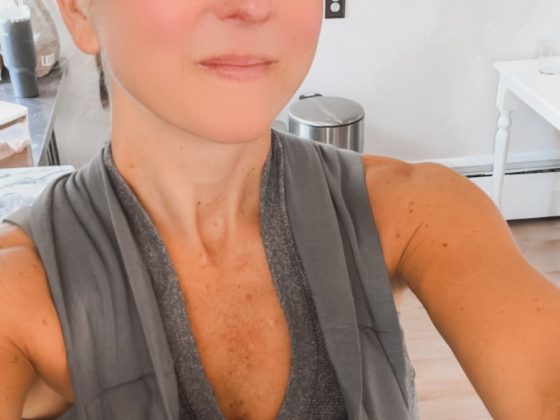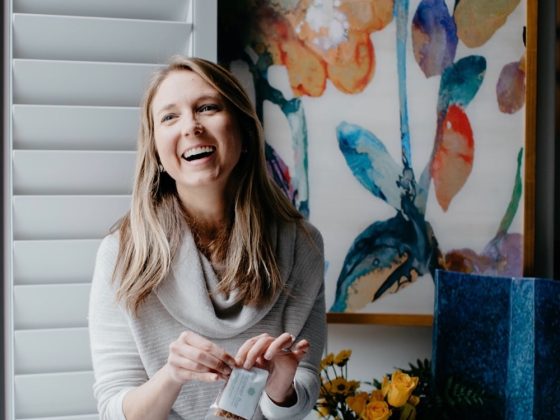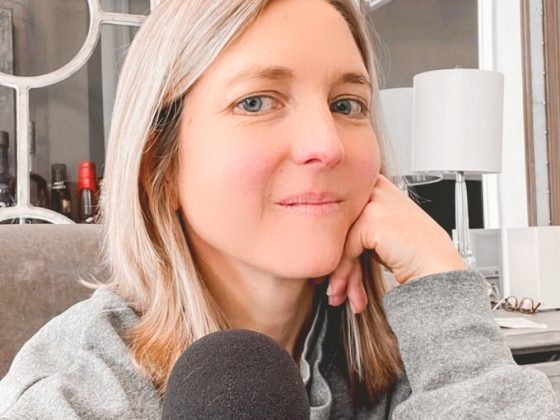Five Ways to Stop Calorie Counting and Have a Healthier Relationship with Food
As a holistic health coach, natural food company founder, and self-proclaimed nutrition nerd, I take pride in fueling my body with real, whole foods. I have gotten good at listening to my body over the years, providing it with the nutrients it needs while satisfying my cravings to maintain balance and avoid deprivation. I enjoy eating, and I really love food.
But I wasn’t always this way. I am a former strict calorie counter with a history of disordered eating. I believe a part of this can be attributed to my upbringing. Like many, I was a kid of the 80s and 90s amidst the low-fat, high-carb craze. The archaic equation of calories in, calories out defined nutrition. Therefore, I grew up in a household where “diet” was just another four-letter word, meals were portioned according to “points,” and often food was reduced to the number of calories it contained. It was a sign of the times.
Towards the end of high school and into college, I was consumed with counting calories and exercising every day. Quite frankly, it was not only about staying thin, but also about staying in control. Food was something to be feared for the chance it was going to make me fat, and it was my biggest enemy and largest source of anxiety.
Thankfully, in my mid- to late 20s, as I immersed myself in the study of nutrition, I started to make the connection between what I ate and how I felt. I had never thought of eating in this way, and it completely revamped my relationship with food. I decided to release all the food rules, after which I quickly realized had been making me miserable. Taking on a more intuitive approach, while viewing food (and myself) from a more positive place has changed the way I eat. However, this mindset shift did not come overnight, and my journey with food is ever-evolving. Here are some changes in perspective that have helped me along the way:
Count colors, not calories.
Our body is not a calculator, but more of a chemistry lab. Food is information for our cells, so should be thought of in terms of nutrients, not calories. Whenever I’m building a meal, I make a point to try and incorporate as much nutrition as I can. In other words, I count colors. As you start to eat closer to nature, you will notice the beautiful collage of colors with each fruit, vegetable and source of healthy fat serving its unique nutritional purpose.
Practice self-love.
It is a lot easier to eat healthy food when we make choices from a place of self-love rather than restriction. For example, choosing to eat whole, real foods instead of processed foods because you know they benefit you, and you love your body enough to fuel it correctly. When you shift your perspective to become more positive about both food and your body, you start to view food as nourishment, not something to make you feel guilty, ashamed, or anxious.
Choose foods that don’t come in a box, package, or bag.
Those foods that we should be eating more of don’t come with a label at all; they only contain one ingredient. Counting calories then becomes irrelevant. Your body knows exactly what is in an apple, almonds, a filet of wild-caught fish, and kale. It knows how to “read” these nutrients so to speak. This is not to say that you won’t ever eat a chip from a bag ever again, but when you do, look at the list of ingredients, not the calories. Have awareness of what you are putting in your body. If you can read and understand everything on the list, your body can too. Or better yet, as a recent Gratisfide customer recently told me, if her kid can read everything on the list, you know it can be called real food!
Trust yourself and listen to your body.
This one can be the most challenging, but it is a game changer. Trust that you will make the right food choices for you and your body. This requires mindfulness and intuition. Tune in, listen, honor your cravings, and make the healthiest choice from there. Your body will tell you both what and how much it needs. So along these lines, trust that you will stop when satisfied. And lastly, trust that you will allow yourself to indulge every once in a while, without overdoing it. The more practice you have with mindfulness around food and eating, the more confident you will become.
Play the whole tape.
Ask yourself how will certain foods make you feel. Sometimes this means forgoing the instant gratification of a less nutritious choice in order to eat in a way that serves you better. This is where a simple visualization exercise can be helpful. Whether it is with an individual meal, a social event, or an entire weekend, envision how you want to feel both during and after. Put pen to paper if you have to. Then take the small action steps (and choose the foods) that will get you there.

